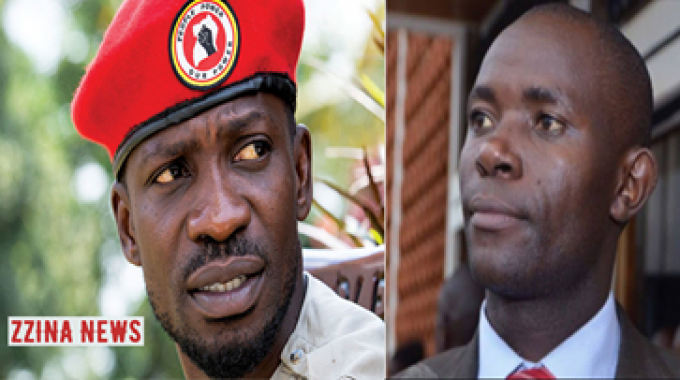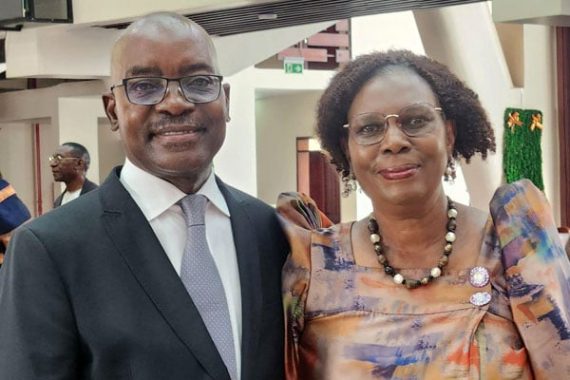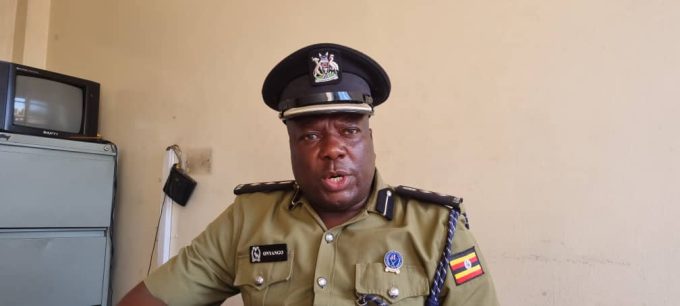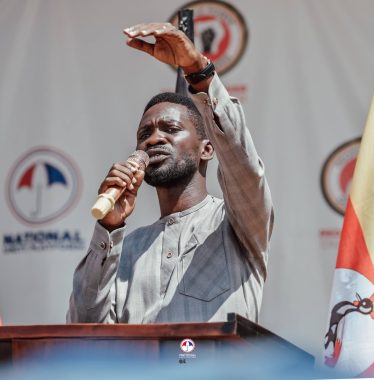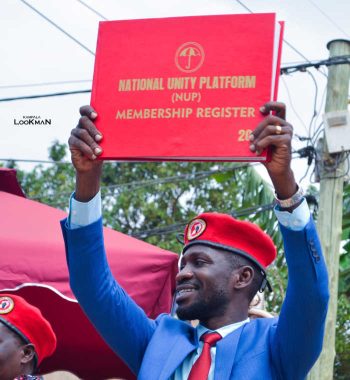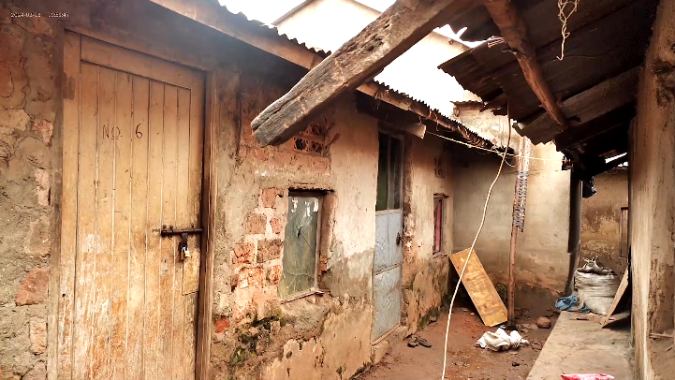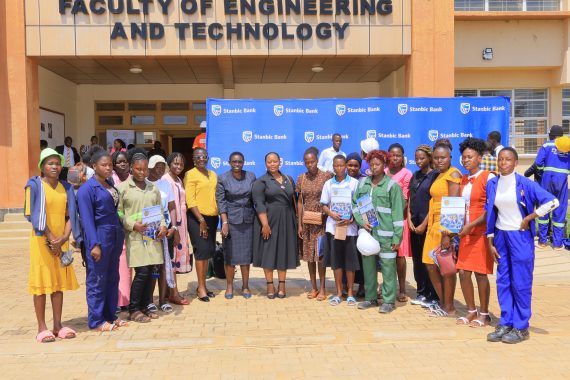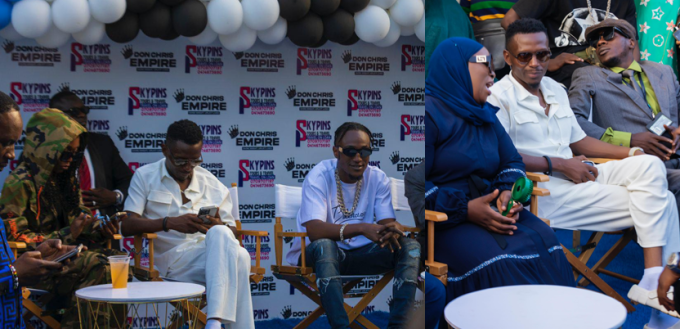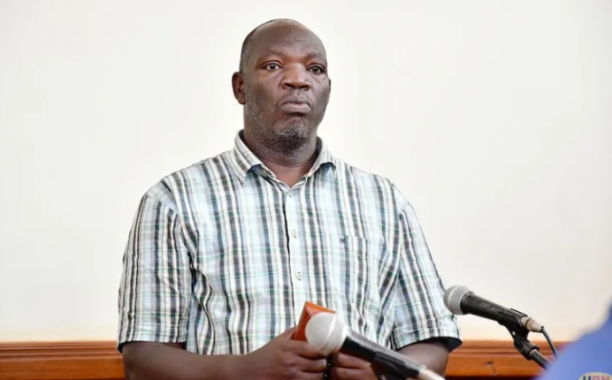The Supreme Court is today hearing an application from Controversial city lawyer, Male Mabirizi seeking the recusal of the Chief Justice-CJ Alfonse Owiny-Dollo from the election petition filed by National Unity Platform president Robert Kyagulanyi aka Bobi Wine.
Mabirizi in his application says Owiny-Dollo was a former lawyer to the president Yoweri Museveni and has held discussions prior to the election petition pre-hearing that happened on the 9th of February 2021.
Mabirizi says the CJ visited the president who is the 1st respondent in this case on the 7th of Feb 2021 which is not only illegal but also unacceptable and against the fairness principle as justice must be seen to be done.
CJ Owiny-Dollo is the lead judge on the panel of nine justices set to hear Kyagulanyi’s petition.
However, it should be remembered that yesterday the petitioner, Bobi Wine instructed his lawyers to withdraw the election petition from the supreme court saying both the justices and the court are biased.
Previously Kyagulanyi had complained and asked the supreme court justice and 2 others on the panel to excuse themselves from the case as one of the prerequisites for him to continue with it.
He had also warned he would withdraw his case if the court continued to disallow his evidence.
The legal team to the petitioner has set Tuesday at 8 pm as the time to file their application seeking the withdraw of their petition from the supreme court .
They seek to evoke an article of the constitution giving the mandate to the people’s court.
Article 29 (1) (a) guarantees media freedoms:
“Every person shall have the right to freedom of speech and expression, which shall include freedom of the press and other media”.
In Article 41(1), those freedoms are enhanced by the guarantee of access to information, albeit with important qualifications:
“Every citizen has a right of access to information in the possession of the State or any other organ or agency of the State except where the release of the information is likely to prejudice the security or sovereignty of the State or interfere with the right to the privacy of any other person”.



